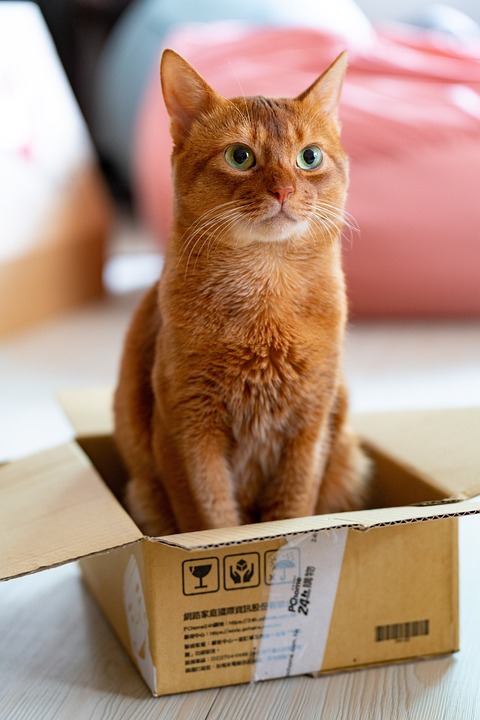The World Health Organization (WHO) has declared that monkeypox (mpox) no longer constitutes a global health emergency, marking a significant milestone in the fight against the disease. This decision comes almost exactly a year after the disease started spreading globally, with cases emerging in Europe, North America, and other regions. WHO chief Tedros Adhanom Ghebreyesus announced the decision, citing a sharp decline in case numbers worldwide. However, he emphasized that mpox remains a threat, particularly in areas of Africa where it has long been endemic.
The announcement comes on the heels of the WHO declaring that Covid-19 no longer constitutes a public health emergency of international concern (PHEIC). Tedros highlighted that while the emergencies of mpox and Covid-19 are over, the threat of resurgent waves remains for both viruses. Despite the decreasing number of cases, both diseases continue to circulate and pose a risk to public health.
During the global outbreak, more than 87,000 cases and 140 deaths were reported from 111 countries. The countries with the most cases included the United States, Brazil, Spain, France, Colombia, Mexico, Peru, and the UK. The majority of cases were among men who have sex with men, leading to concerns about discrimination and stigma. However, Tedros noted that the feared backlash against affected communities has largely not materialized, allowing for progress in controlling the outbreak.
In Africa, where mpox has been endemic for decades, the virus continues to pose a significant challenge. The monkeypox virus was first discovered in humans in the Democratic Republic of Congo in 1970, and its spread among humans has been primarily limited to certain West and Central African nations. Rosamund Lewis, the WHO’s technical lead on monkeypox, emphasized that these countries have been dealing with mpox long before the global outbreak and will continue to do so in the future.
Despite the ongoing challenges in Africa, international funding for the fight against mpox in these endemic countries has been lacking. WHO emergencies director Mike Ryan expressed shock at the limited support, suggesting that prejudices may be hindering efforts to combat the disease effectively. The virus is transmitted through close contact with infected humans or animals, as well as via contaminated materials.
With the lifting of the emergency status for both Covid-19 and mpox, there is now only one WHO-declared PHEIC for poliovirus. Moving forward, Tedros stressed the importance of maintaining surveillance, access to tests, and vaccines to prevent future outbreaks of mpox. While progress has been made in controlling the disease globally, continued efforts are needed to protect communities in all regions, especially in Africa where transmission is still not well understood.





